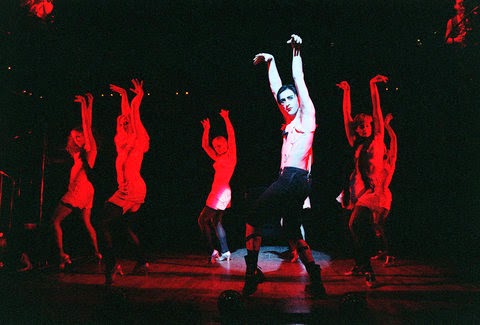"The reason I keep insisting that there was a
relationship between Iraq and Saddam and al Qaeda [is] because there was a
relationship between Iraq and al Qaeda."
—George Bush
“The primary impetus for invading Iraq…was to make
an example of [Saddam] Hussein, to create a demonstration model to guide the
behaviour of anyone with the temerity to acquire destructive weapons or, in any
way, flout the authority of the United States.”
—Dick Cheney
"We will implement the rule of God on earth by
the tip of the sword."
—Anwar al-Awlaki
For an excellent discussion on leaking secrets see Wiki Leaks
For a decade, an elite team of intelligence and
military operatives, working in secret across the globe, devoted themselves to
a single goal: to find and eliminate Osama bin Laden. Zero Dark Thirty reunites the Oscar winning team of
director-producer Kathryn Bigelow and writer-producer Mark Boal (The Hurt Locker) for the story of
history's greatest manhunt for the world's most dangerous man.


